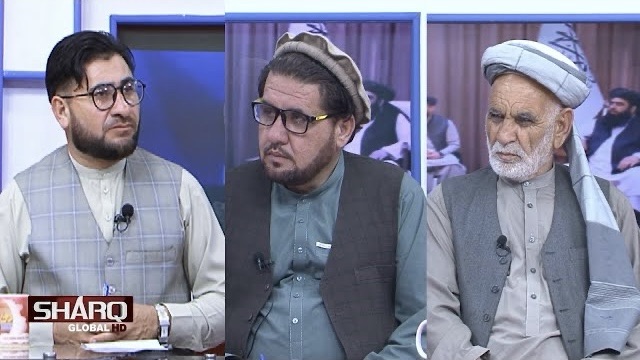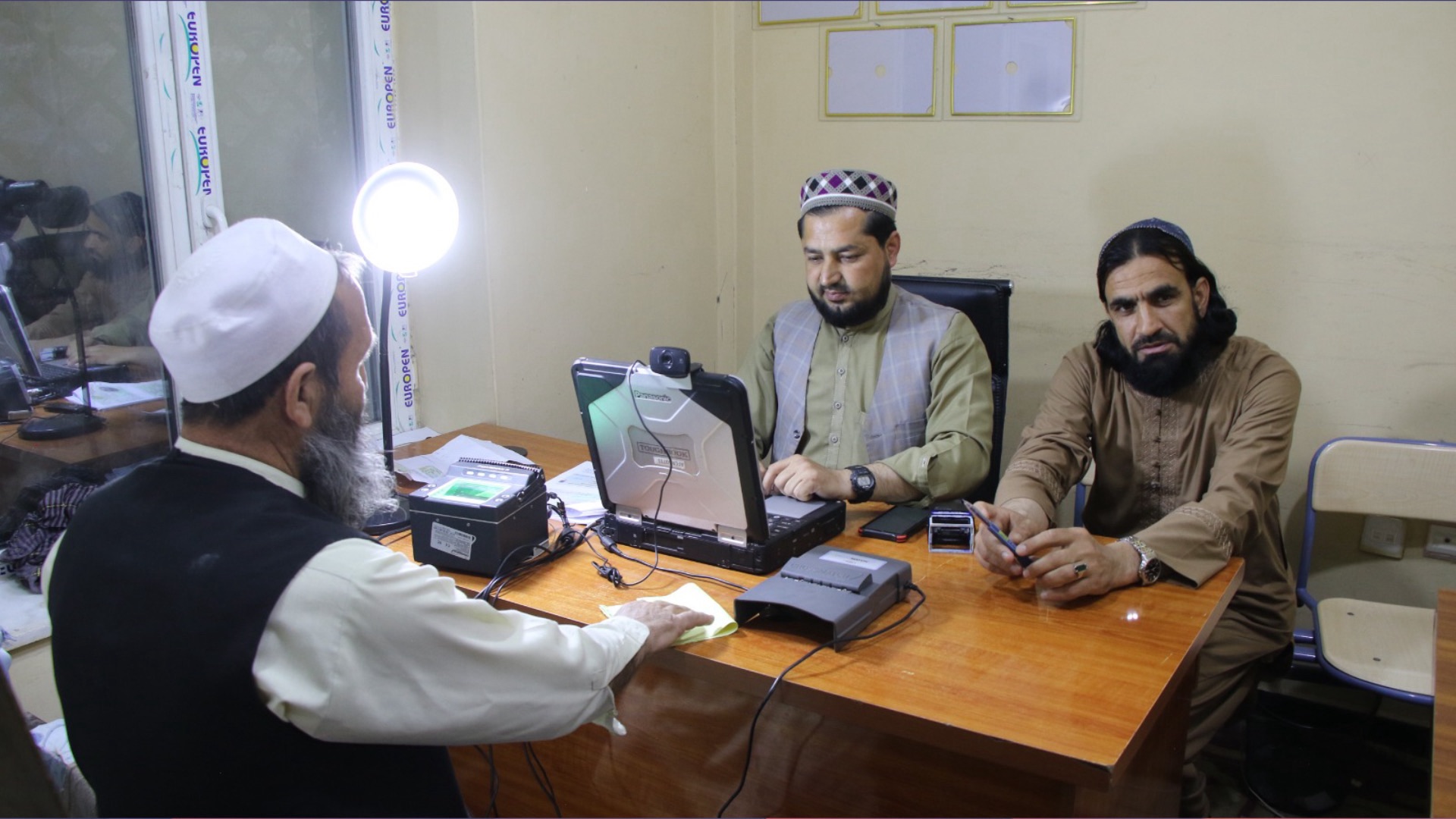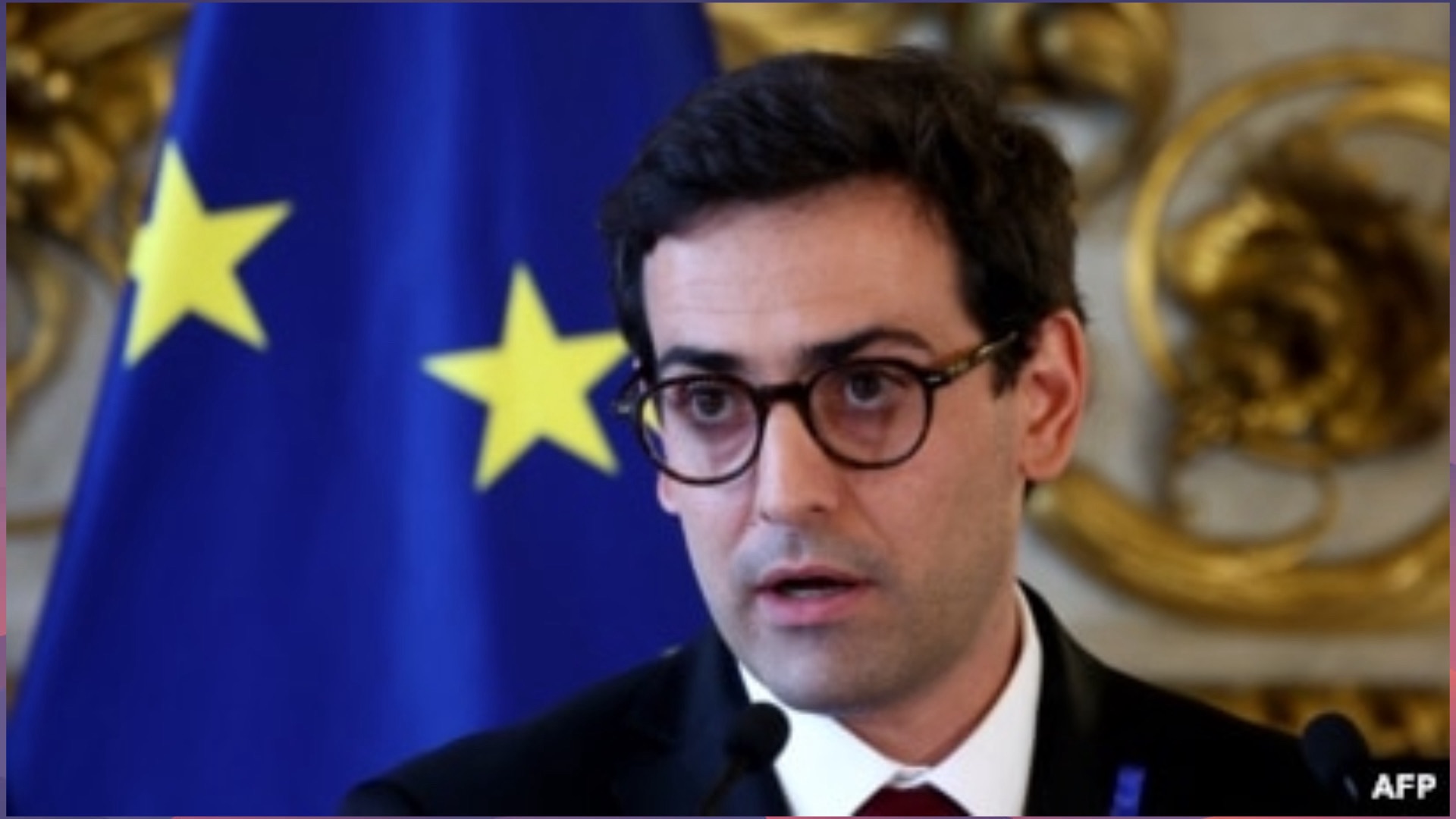South Korea’s Mud-Slinging Primary Campaign Nears End
The campaign, which will culminate in a final March vote, has been marked by high-profile corruption allegations, embarrassing gaffes, and salacious personal attacks, some involving the sex lives and religious practices of leading candidates.
South Korea, which emerged from a military dictatorship in the 1980s, is no stranger to cutthroat politics. It can often feel like a zero-sum game; all four of South Korea’s living former presidents have been convicted of crimes, many after their political rivals took power.
However, it’s been a while since an election cycle felt so petty, lamented Kim Su-min, a veteran South Korean political observer.
“At least the candidates used to keep their dignity,” he told VOA. “Now it’s just a huge mess.”
A sample of the drama:
Conservative candidate Yoon Seok-youl, a former chief prosecutor, has been dogged by accusations he relies on shamanism and superstition. During a recent television debate, he was forced to deny meeting with an unlicensed religious medical practitioner who specializes in anal acupuncture. But while doing so, he wound up defending the teachings of a long-bearded mystic who claims he can travel between dimensions.
At another debate earlier this year, outspoken provincial governor Lee Jae-myung, who has claimed the nomination of the liberal Democratic Party, offered to pull down his pants after a rival brought up old allegations of an extramarital affair with a well-known actress who had described what she said was a distinctive mole on the candidate’s genitals.
Both candidates have also been accused by their political rivals of involvement in a pair of wider corruption scandals. Yoon, the former chief prosecutor, faces suspicions he ordered a subordinate to prepare criminal complaints against pro-government figures on behalf of the opposition party ahead of a crucial election last year. Lee faces questions of whether he knew or was involved in a snowballing real estate corruption scandal that took place during his time as mayor of a town on the outskirts of Seoul.
Both men deny the allegations, and neither has been formally charged with wrongdoing. But the stories have dominated domestic news coverage, drowning out issues such as skyrocketing housing prices, high youth unemployment, and a pandemic-induced economic slowdown. Meanwhile, some of the quieter, experienced candidates who appeal to centrists have fallen out of the race.
The campaign feels so bleak that one editorial writer for the prominent, left-leaning Hankyoreh newspaper declared this the “golden era of bad guys running for president.”







